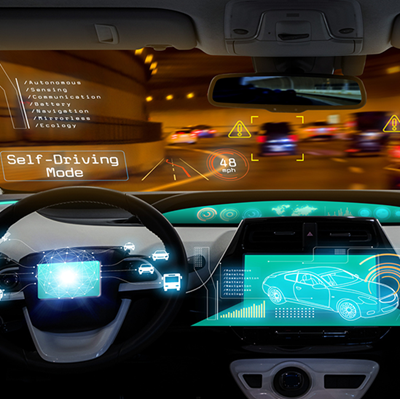Smart mobility is already playing a role in people’s lives: mobile apps for ridesharing, one-click travel book-and-pay, and real-time public transport data. In the future, smart mobility will enable seamless integration of all travel modes, including on-demand and autonomous options and ancillary services not traditionally part of the travel experience. As a result, innovative mobility services are projected to see a five-fold increase in share of traveler spending by 2040.
As the next installment in our Mobility 2040 series, to gain a deeper understanding of these developments from a consumer perspective, Oliver Wyman surveyed 7,500 people in five countries (China, US, France, Germany, and Italy) about smart mobility. We wanted to know how interested travelers are in smart mobility, how it might impact their travel choices, and who they would trust to develop smart mobility options.
Learning the right lessons from this data is crucial for businesses now rushing to develop new mobility services, including travel incumbents like airlines and rail operators, digital giants, and technology startups. The rewards of unlocking smart mobility could be vast, as this market is expected to generate $270 billion in revenues and profits of up to $150 billion by 2040.










